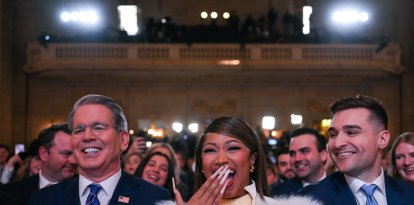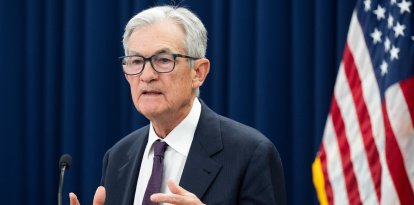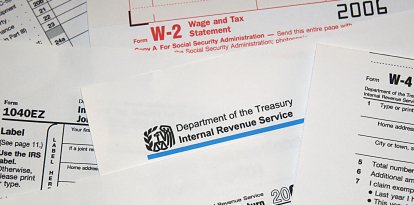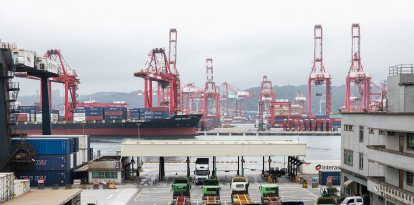Wall Street rises after Treasury secretary's statement on "unsustainable" China tariffs
"I would posit that over the very near future, there will be a de-escalation. And I think that that should give the world, the markets, a sigh of relief," said Scott Bessent.

Scott Bessent
U.S. stocks closed up on Tuesday after Treasury Secretary Scott Bessent said the ongoing trade dispute with China is "not sustainable" and suggested there could be a near-term easing of tensions.
Speaking at an investor summit hosted by JP Morgan, Bessent warned that the current levels of tariffs - of 145% and 125% between the two countries—cannot be sustained indefinitely. "So I would posit that over the very near future, there will be a de-escalation. And I think that that should give the world, the markets, a sigh of relief," he said. Although he clarified that formal negotiations have not yet begun, he stressed that a deal is possible.
Wall Street reacts strongly
The S&P 500 index, the main U.S. stock market benchmark, reacted upward after his words, rising 0.7% during the session and closing with a gain of 2.5%, according to preliminary data. The day marked a sharp contrast with the previous day's plunge, when fears of a possible departure of Federal Reserve Chairman Jerome Powell led to a 2.6% drop.
From the White House, spokeswoman Karoline Leavitt confirmed that the issue is being discussed at the highest level. "I asked the president about this before I came here, and he wanted me to share with all of you that we are doing very well with respect to a possible trade agreement with China," she said at a press conference.
Government seeks agreements with more countries
The possibility of a new understanding with China comes on top of other diplomatic efforts underway. Vice President J. D. Vance is in India, where he reportedly has made progress on bilateral trade agreements. "India and the United States can accomplish a lot together," Vance declared.
From the financial sector, there is also a favorable spin. Stuart Kaiser, a strategist at Citigroup, told Bloomberg Television that "we are looking at more successful trade negotiations with key trading allies. I put Europe, India, Japan, South Korea, and Australia in that category," which he said bodes well for the markets.
In a context of prolonged tension over high tariffs and the fragmentation of international trade, the expectation of a détente with China and new strategic agreements could mark the beginning of a more stable cycle for the global economy.

























